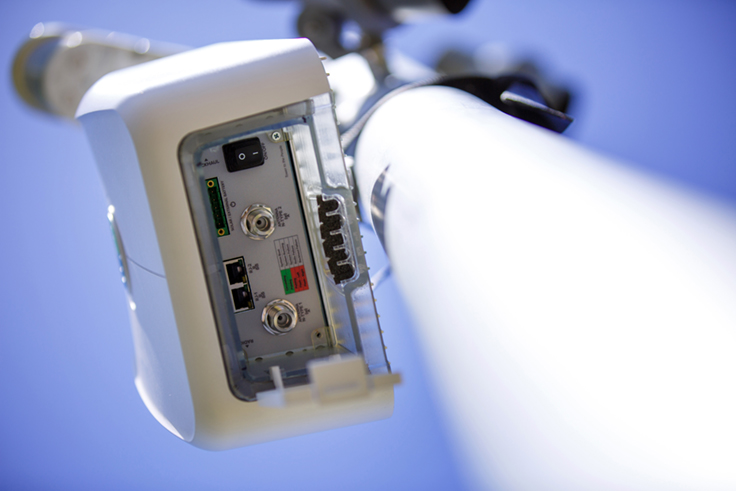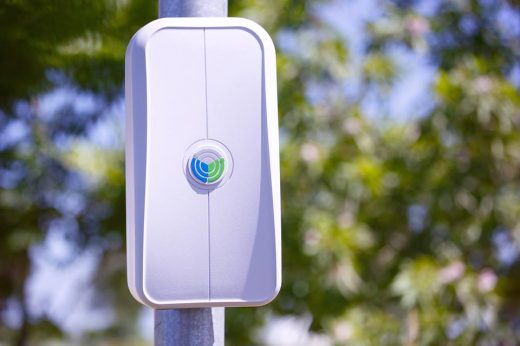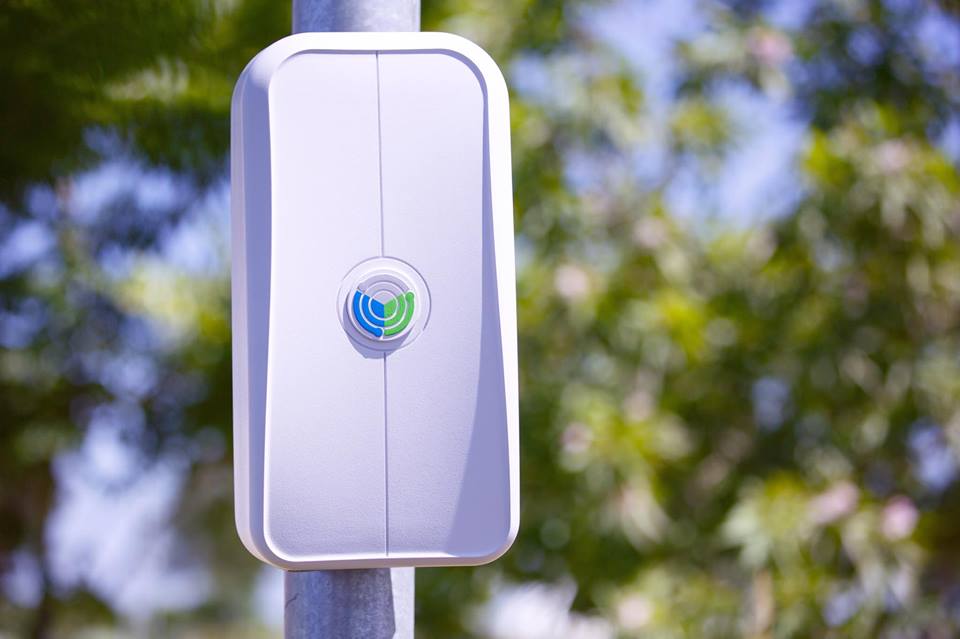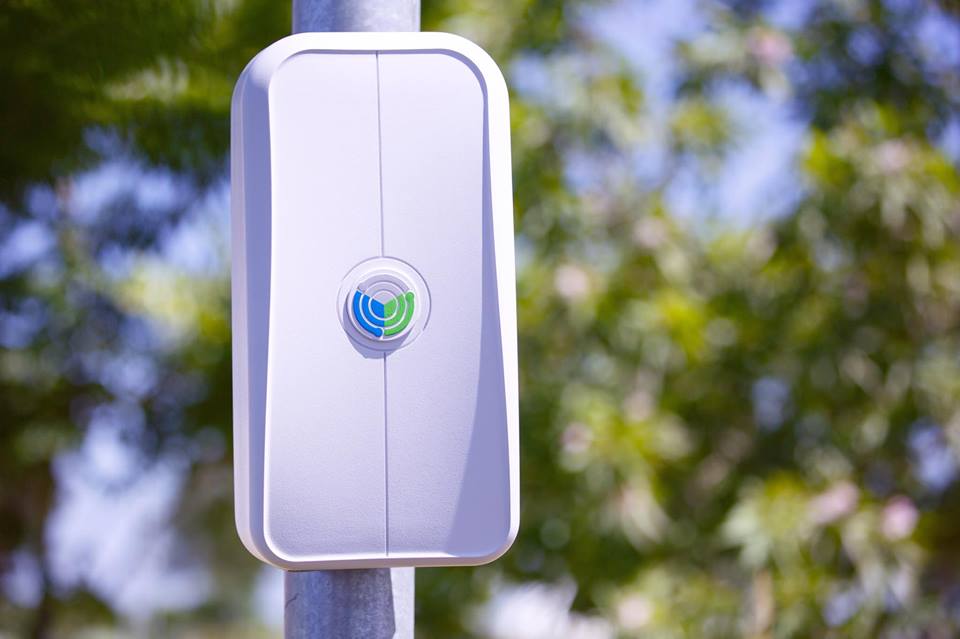Facebook reveals open-source wireless platform, OpenCellular
OpenCellular is Facebook’s open-source wireless access platform designed to provide internet to remote areas around the world. OpenCellular is roughly the size of a shoe box and it can support up to 1,500 people as far as 10 kilometers away with a range of connectivity options, including wireless services and everything from 2G to LTE. By the end of 2015, more than 4 billion people across the globe didn’t have access to basic internet services and 700 million people lived outside the range of cellular connectivity — making it difficult to log into Facebook, of course.
The initial version of OpenCellular’s software platform will be available in the summer, and Facebook is testing out the boxes at its headquarters right now.
OpenCellular will eventually be open source, allowing researchers, telecom operators, tinkerers and anyone else to build on its design. Facebook will work with other Telecom Infra Project members to build and support an active community around OpenCellular.

“With OpenCellular, we want to develop affordable new technology that can expand capacity and make it more cost-effective for operators to deploy networks in places where coverage is scarce,” Facebook engineer Kashif Ali writes. “By open-sourcing the hardware and software designs for this technology, we expect costs to decrease for operators and to make it accessible to new participants.”
OpenCellular joins Facebook’s other global connectivity initiatives, including its internet lasers and Aquila, the company’s unmanned, solar-powered, internet-distributing plane.
This month, the United Nations reaffirmed internet access as a human right in a resolution that stated, in part, “The same rights that people have offline must also be protected online, in particular freedom of expression.” The non-binding resolution condemned governments that disrupted their citizens’ internet connections, and it noted disparities in access among certain nations and between women and men across the globe.
(15)





